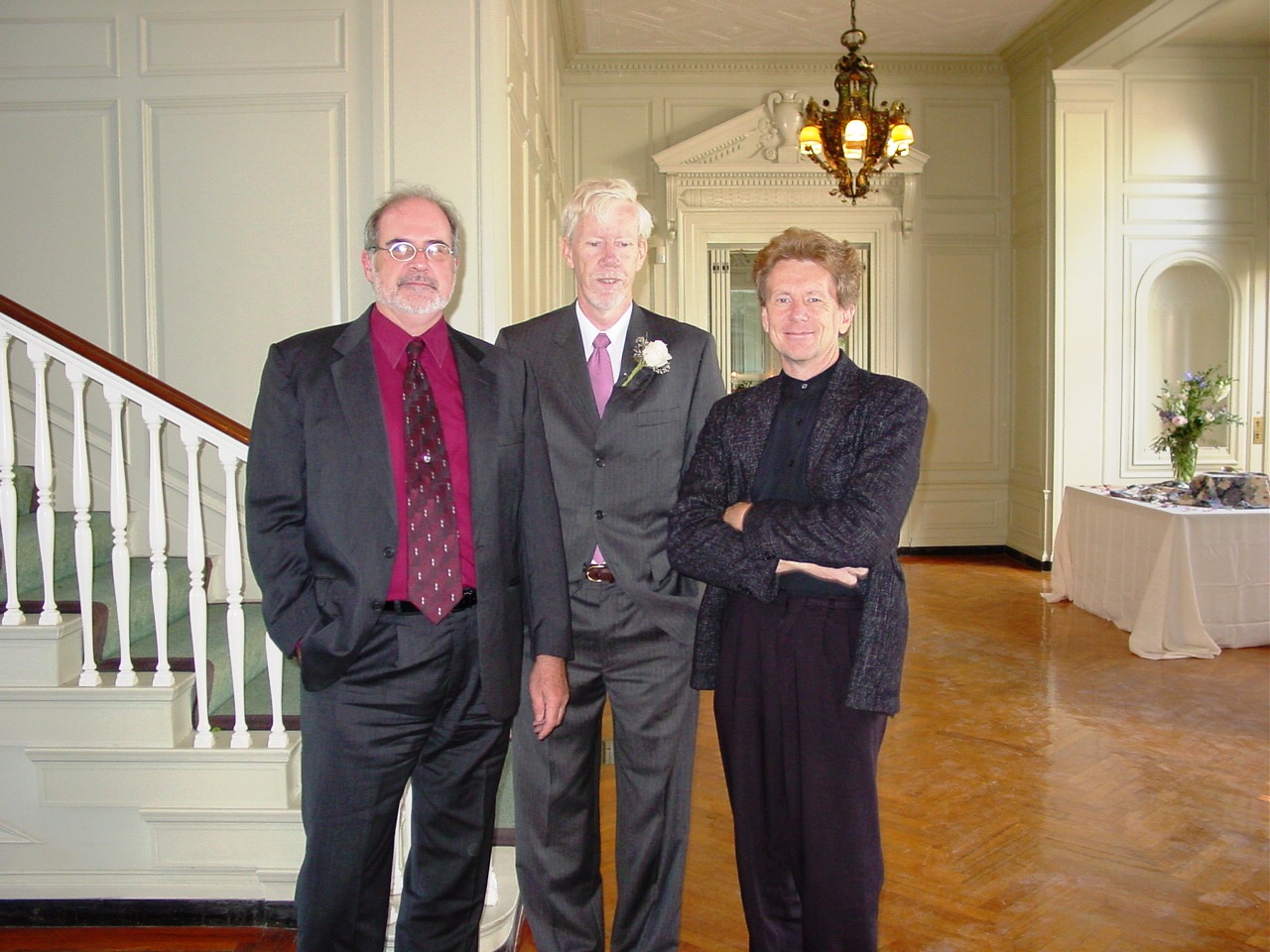Welcome to the Wakefield Doctrine (the theory of clarks, scotts and rogers)
Hey! Volunteer to be a co-host and we’ll send you something cool.
No, serially! We’re looking for writers and bloggers to sign up for having the inlink code sent each week. The benefit to you? A cool-looking array of thumbnails at the bottom of your TToT post! The benefit to us? More Readers bumping into the fun of the Ten Things of Thankful (TToT) bloghop.
We apologize in advance if this post seems a bit unfinished, frayed on the edges. Trying to establish a routine of posting and linking…wait! Who said that? You’re absolutely correct! I should check and see if’n anyone has posted yet!
thx (lets file that under ‘something, something, Grat#8)
For the Wakefield Doctrine this week, we cite the following Grat Items:
1) Phyllis
2) Una
3) the Wakefield Doctrine
4) new co-hostinae: Denise from girlieontheedge.com and host of the Six Sentence Story bloghop. (Now a regular feature in the TToT)
5) the Unicorn Challenge bloghop. ‘Corn Pick of the Week ‘Daisy Daisy‘. ceayr
6) the Six Sentence Story bloghop: Six Pick: ‘Three Best Friends‘ by Fandango
7) Fern Circle!! see?! We told ya there were fern circles in the woods!
8) something, something
9) Suggestion Box (New Feature! Half-Grat / possible Hypo-Grat. Let us know any ideas you might have that would make this bloghop more user-friendly, interesting and/or fun.
10) Secret Rule 1.3
music vids
*
*
*











